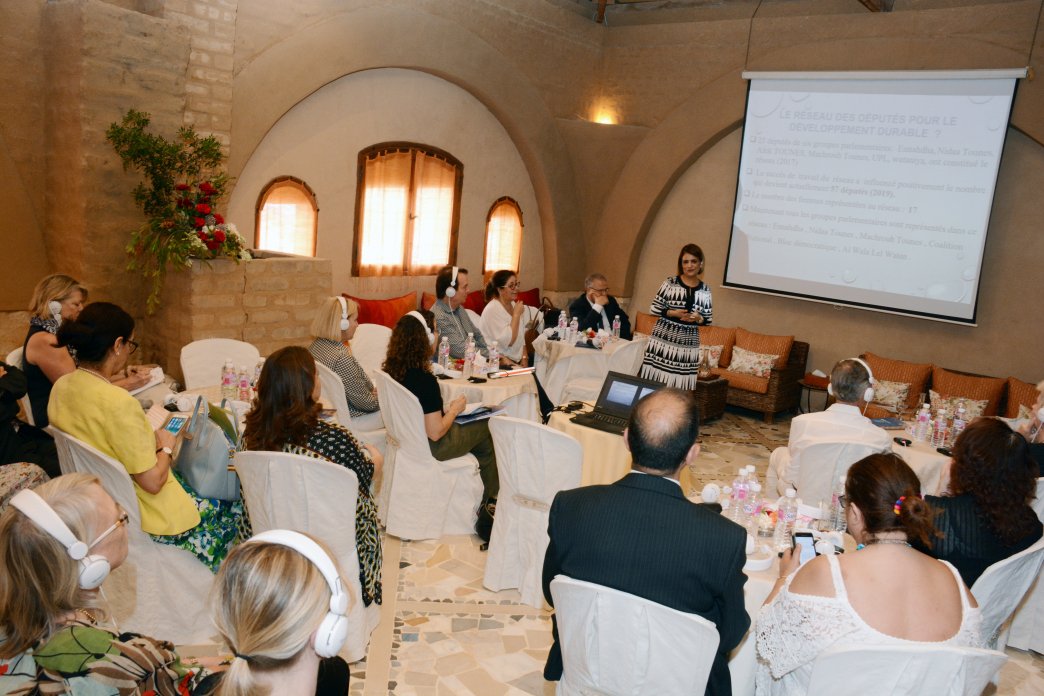New program will engage communities in national environmental decisions
/Public participation is key to effective environmental governance. Involving people directly in crafting solutions that address climate change and its effects, including pollution and other environmental challenges, can not only generate more effective policies, but also build trust in government and overcome political paralysis. As national governments seek new participatory approaches to environmental policymaking, they’re often faced with a lack of practical, action-oriented guidance that they need to get started.
People Powered and the National Democratic Institute are launching a new program to fill this gap. Together we'll develop innovative new resources and tools to help national governments, specifically parliaments and legislators, engage communities in shaping environmental policies. The resources will draw on lessons from around the world to ensure that they’re relevant in a range of contexts. Ultimately, we aim to make it easier for governments to work with citizens to understand and address the environmental issues affecting their lives.
With country teams in Georgia and Tunisia, we’ll first learn more about past examples of national environmental governance that centered community members in decision-making. In Tunisia, for example, a working group of members of parliament and civil society representatives called the Sustainable Development Network developed recommendations for environmental legislation that was responsive to constituents' needs.
A meeting of the Sustainable Development Network in Tunisia.
In Georgia, members of parliament conducted a thematic inquiry, or in-depth study, into lead contamination, which resulted in 20 recommendations for government action. The parliamentary working group met with citizens who were most impacted by lead poisoning to ensure their voices were at the center of the inquiry.
A meeting of the thematic inquiry on lead contamination in Georgia.
We’ll use the lessons learned from these and other cases around the world to develop new content for the Participation Playbook. Building on existing content on participatory policymaking and climate democracy, we’ll design questions and guidance for practitioners working to plan participatory processes that address national environmental challenges. Another activity will be to analyze the use of technology to support participatory environmental governance, particularly in the Global South. These resources will be made available for use by the public, and our mentorship and accelerator programs will help people put them into practice.
The Participation Playbook guides practitioners through the design questions they need to answer when planning participatory processes.
With these action-oriented resources, NDI and People Powered hope to work with policymakers in several countries to pilot new participatory environmental policymaking processes, starting in 2024.
“It’s hard to engage people in complex policymaking,” says Josh Lerner, executive director of People Powered. “Through this collaboration with NDI, we’ll make it easier for national governments around the world to practice shared decision-making as we address our shared environmental challenges.“
Lauren Van Metre, NDI director for peace, climate and democratic resilience, adds: “We’re excited to work with People Powered and our Georgia and Tunisia country teams to transform NDI’s experience with participatory processes and parliaments using the Participation Playbook. Democratic participation strengthens and sustains climate policies, and holds governments accountable to the commitments they make.”
For more information, contact Josh Lerner at People Powered or Lauren Van Metre at NDI.
This work is made possible by the generous support of the National Endowment for Democracy.








